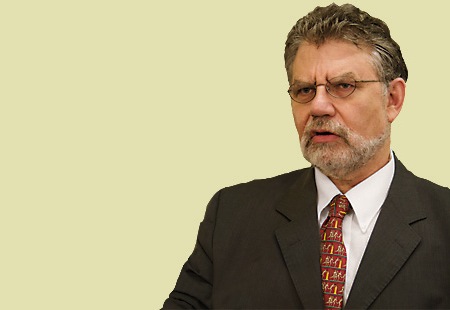After leading a symbolic ‘walk-out’ among his center-right Popolo della Libertà (PdL, People of Freedom) from the Italian senate on Thursday in opposition to the austerity measures and other reforms of caretaker prime minister Mario Monti, Il Cavaliere himself, Silvio Berlusconi (pictured above), today announced that he will lead the PdL as its candidate for prime minister in the upcoming Italian general election against a broad center-left alliance anchored by the Partito Democratico (PD, Democratic Party).![]()
So much for a ‘third republic’ in Italian politics — with the selection of the Italian left’s old-guard’s candidate, Pier Luigi Bersani, in the center-left’s broad primary earlier this month against Florence mayor Matteo Renzi (the latter remains Italy’s most popular politician), Italy remains, for now, stuck in the same-old politics as before.
Indeed, a Berlusconi-Bersani face-off would not have raised eyebrows a decade ago.
This time around, though, Berlusconi will face none of the political luck or goodwill that’s marked most of his career — he left office in November 2011 with Italian 10-year bond rates at an unsustainable 7% amid a growing financial crisis that threatened not only Italy, but the entire eurozone. In addition, Berlusconi has little to show for his stint in office in the way of policy accomplishments, was convicted (subject to appeal) for tax evasion earlier this autumn, and he’s been shamed by accusations of sex with underage women at the now-famous and much derided ‘bunga bunga’ parties and using his influence for the benefit of at least one of those women, a Moroccan immigrant.
So his return to office in many ways would be met with not just disdain, but outright hostility, from outside investors and much of the European political establishment, including the leaders of the European Union, French president François Hollande and German chancellor Angela Merkel.
Berlusconi’s return has been met with chilly responses across the Italian political spectrum. Monti, who is not contesting the election but has indicated he would be available to lead a second government in the event of a hung parliament, cautioned against populism and warned that Italy must avoid returning to a position whereby Italy’s finances threatened trigger the eurozone’s wider implosion. Beppe Grillo, a blogger and social critic, as well as the leader of the populist and anti-austerity Movimento 5 Stelle (M5S, the Five Star Movement), savaged what he called Berlusconi’s ‘exhumation.’
Berlusconi’s one-time ally, Gianfranco Fini, who served as deputy prime minister, foreign minister and a former president of Italy’s lower house, the Chamber of Deputies (Camera die Deputati), and who is running under the newly-formed Futuro e Libertà per l’Italia (FLI, Future and Freedom), also sounded alarm, noting that the PdL decision exposes Italy to additional risks.
Given the long odds — the PdL stands far behind the center-left coalition in every poll conducted for next year’s election (and sometimes behind the Five Star Movement, too) — why would the 76-year-old Berlusconi make a bid for a fourth term as Italy’s prime minister?
Here are five reasons why he could be making the race.
Continue reading Five reasons Berlusconi returned to run in the upcoming Italian election

